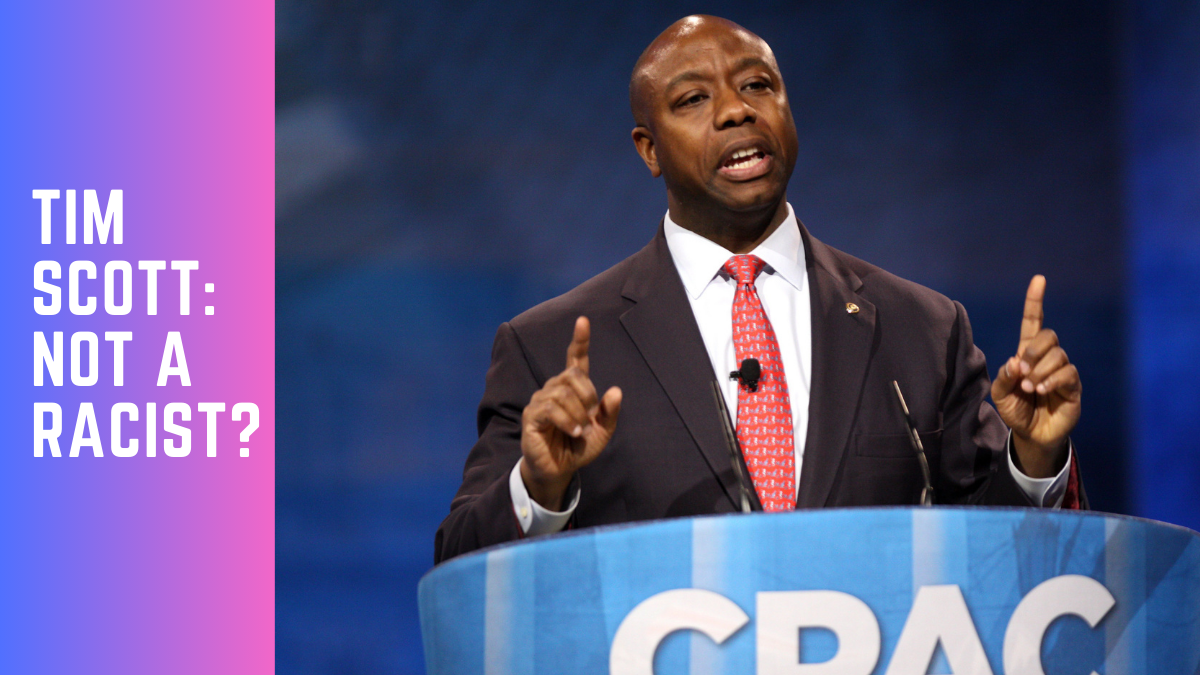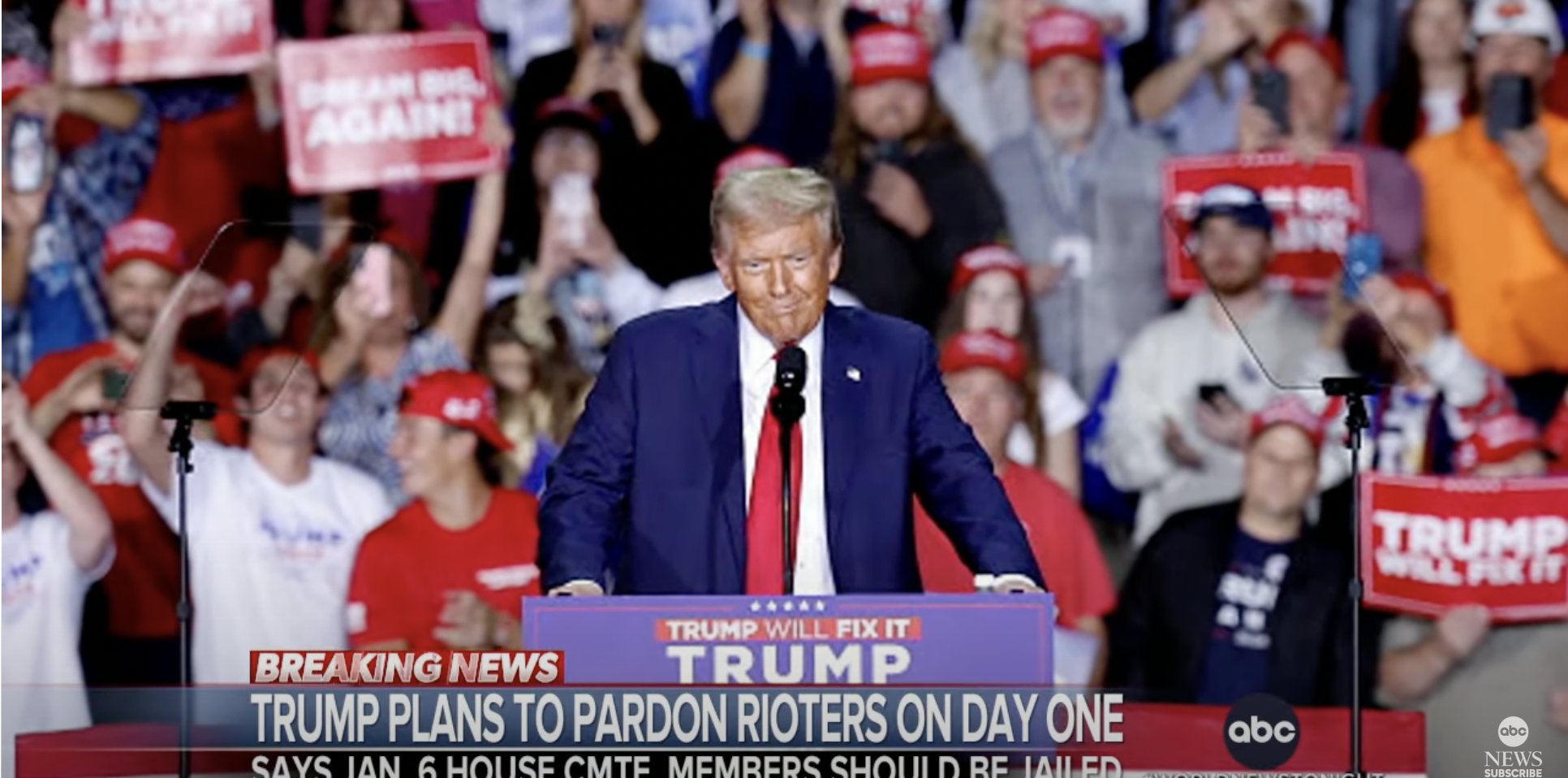Jan 6 Riots
Supreme Court Reviews DOJ’s Application of Law in Jan. 6 Riot Cases
In a pivotal session, the Supreme Court heard arguments regarding the Department of Justice’s (DOJ) utilization of a specific law in charging individuals involved in the January 6 Capitol riot.
In a pivotal session, the Supreme Court heard arguments regarding the Department of Justice’s (DOJ) utilization of a specific law in charging individuals involved in the January 6 Capitol riot. The outcome of this hearing holds significant implications for the legal framework surrounding the prosecution of those implicated in the unprecedented breach of the Capitol building.
At the heart of the debate is the application of the federal obstruction law, specifically Section 1512(c)(2), which pertains to the destruction of government records during the commission of certain crimes. Prosecutors have invoked this statute in a number of cases related to the Capitol riot, alleging that rioters’ actions constituted an attempt to obstruct the certification of the presidential election results.
“The outcome of this hearing is eagerly anticipated by legal experts, lawmakers, and the public alike.”
During oral arguments, attorneys representing both sides presented their respective positions on the interpretation and application of the law. The justices grilled counsel on issues ranging from the scope of the statute to its constitutional implications, delving into the complexities of criminal law and prosecutorial discretion.
The Supreme Court’s decision in this matter has far-reaching ramifications for the ongoing prosecutions stemming from the January 6 insurrection, as well as broader implications for the DOJ’s authority to pursue charges in similar cases in the future. The outcome of this hearing is eagerly anticipated by legal experts, lawmakers, and the public alike, as it has the potential to shape the contours of criminal liability in cases of political violence and civil unrest.
As the justices deliberate on the legal issues at hand, the nation watches closely, awaiting clarity on the appropriate legal framework for holding individuals accountable for their actions during one of the darkest days in American democracy. The Supreme Court’s ruling will not only impact the trajectory of individual cases but also serve as a precedent-setting decision with profound implications for the rule of law and the sanctity of democratic institutions.

Jan 6 Riots
Trump plans to pardon rioters
Jan 6 Riots
Tim Scott not racist?

By Bryan Jenkins

A black man leads the U.S. Senate’s efforts at police reform… one might think that, as a black man myself, I’d sleep well over that. But… it’s U.S. Sen Tim Scott of North Carolina, the only African American in the U.S. Senate — who claims that America is NOT a racist nation!
Maybe he’s been smokin’ one of those funny cigarettes. Did he ask any Native Americans – most of whom’s tribes were wiped out or thrown off their own lands, by early American expansion, and long denied any relief or inclusion? Did Scott ask any Chinese-Americans, descendants of those brought here for cheap labor then socially sidelined and racially scorned as sub-human? Did he ask any Japanese-Americans who served proudly defending America in WW2, while their families, labeled as Jap sympathizers, were forced from their homes and confined to holding camps?
Scott says America’s not racist- did he ask any Mexican Americans, like the judge at whom his party’s chief, Donald Trump, directed racist criticism over a ruling he lost, or the many latin immigrants Trump blamed for taking jobs Americans refused to do? The good senator sure didn’t ask any of his fellow African Americans, who’ve collectively spent 400 years fighting every effort to intentionally deny them the fruits of the nation they helped build.
Scott says America’s not a racist nation. How does he explain generations of Jim Crow laws that socially and financially locked African Americans out of equal opportunities? How does he explain the era of subsequent lynchings that played out across America, where white Americans, who were so happy to take part, brought their families for entertainment and actually posed for pictures?
How does he explain America’s execution of the original G.I. bill, which provided much-needed benefits for veterans returning from war and denied those benefits to black veterans. American history is full of accounts the good Senator seems to have forgotten or ignored. Maybe he’s just a selective reader, or perhaps just wasn’t listening in history class!
Scott says America’s not racist… and we’re supposed to expect HIM to lead efforts to hold police accountable for abuses that appear to be racist? Senator Scott has already said any effort to strip police of immunity against punishment for bad acts is a non-starter. So, where is any hope of making police accountable, for what they might do to the next person… maybe your son, your daughter, maybe me, maybe you… And that’s why … I can’t sleep… can you?
Bryan Jenkins is a 35-year veteran of Broadcast Journalism… honored for work ‘on the set’ and ‘in the field’, with two Los Angeles Emmy Awards, a Golden Mike Award and The N.A.B.J.’s National Award of Excellence. Bryan is a captivating storyteller and communicator, having worked as Anchor, Reporter, and Producer in major markets across the country, and contributed to successful media campaigns for local politicians and non-profit organizations. He now resides in southern California, sharing his expertise as a writer and Media Consultant.








